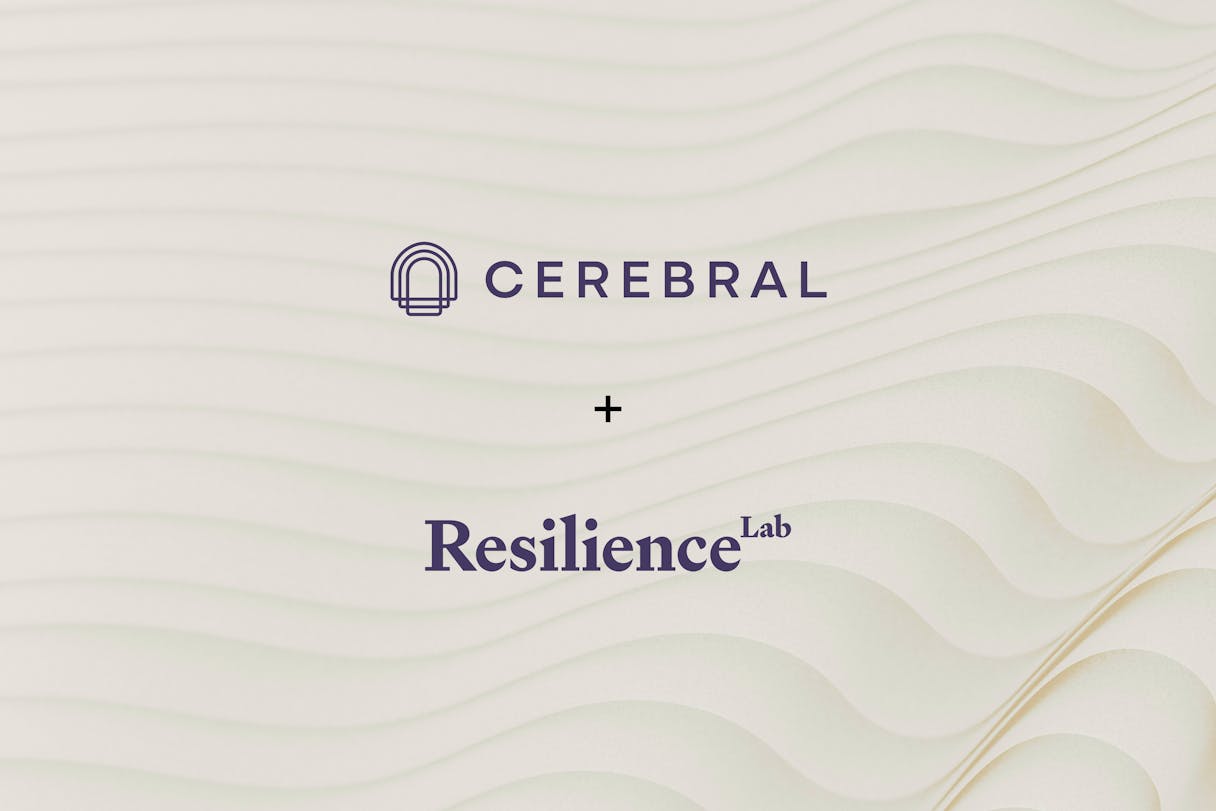The State of Mental Healthcare in 2024

Historically, our society has focused health-related conversations on the physical, treating mental illness as something private, strengthening the stigma that keeps many from seeking help. In reality, 90% of the American public believes we are in a mental health crisis, with 33% of American adults citing that they have felt anxious “often or always” within the last year according to a survey conducted by the Kaiser Family Foundation and CNN.
In the wake of global, unprecedented challenges, the demand for accessible and effective mental health services has never been more urgent. However, stigma and limited accessibility has created a critical need for a digital revolution and a new era of mental health support that breaks down these barriers.
Barriers to access: why are so few people getting treatment?
Accessibility
Accessibility remains a significant barrier to mental health treatment, particularly for underserved populations. Similarly, mental health challenges, traumas, and triggers can strike at any moment, underscoring the critical need for improved accessibility to care outside the constraints of traditional healthcare models.
Addressing these accessibility barriers requires a multifaceted approach, including expanding offerings, increasing the diversity of providers, implementing culturally competent care practices, and investing in community-based initiatives to reach those most in need.
Effective Care
Even if patients can overcome the issue of accessibility, they will often experience a barrier to effective care. While access is essential, the quality and effectiveness of care is equally crucial. In many cases, individuals may not receive evidence based treatments tailored to their specific needs leading to less than ideal outcomes. Disparities in treatment modalities and lack of treatment measurements can contribute to unoptimized quality of care.
Furthermore, the rampant stigma surrounding mental illness may deter individuals from seeking help altogether, slowing their access to effective interventions and prolonging silent suffering.
Trust in the Healthcare System
Combined, these barriers continue to break down trust in the healthcare space. For underserved communities, a data-driven approach is not only an innovation, but a foundational standard. Building trust and encouraging the public to engage in their mental health care looks like proactive care, meeting people where they are, and providing products and services with long term, meaningful value.
While the mental health space has made transformative strides in the last four years since the COVID-19 pandemic, we must move beyond telehealth 1.0 in order to set up consumers for their utmost success.
Cerebral’s Mission: Creating A New Era of Care
The reality for many patients is that it has been very hard for them to get help. We believe that improving the quality of care requires addressing both effectiveness of and access to healthcare.
Cerebral is creating a new era of mental health care that goes beyond a static virtual model. By delivering dynamic care that combines a personalized, integrated approach with innovative accessibility, we’re empowering each individual to take control of their health on their terms. And the outcomes are the proof:
As of March 2024, the majority of Cerebral clients with moderate to severe anxiety and/or depression report a significant reduction in GAD-7 and/or PHQ-9 scores.
We understand that outcomes and measurement are sorely lacking in the mental health space, a bar which must be raised. By tracking meaningful and actionable clinical quality indicators, we monitor effectiveness, efficiency, safety, and timeliness of care, adding value beyond the traditional mental health care model.
Finally, the Cerebral Way takes radical transparency seriously. Our clinicians take your goals, needs, and life experiences into account so you get a personalized plan for treatment. This collaborative approach means you will know what to expect along your way to mental wellness. Plus, all Cerebral clinicians are thoroughly vetted, credentialed, and trained to provide the highest level of care, driving home the mission of addressing both effectiveness and trust.
What’s next?
The current standard of effectiveness and access is not enough. At Cerebral, we are committed to facing this challenge head on and we will continue to create affordable, high-quality mental health care for everyone. It’s time to take control of your health on your terms.

Our Care: The Resilience Methodology

A New Era of Mental Healthcare: How Cerebral Is Expanding High-Quality, Personalized Care

Cerebral Partners with San Antonio Spurs

Call 911 if you’re having a
mental health emergency
Text Home to 741-741 if you're in emotional
distress and need immediate support
Call or text 988 Suicide &
Crisis Lifeline. Chat service
is available at 988lifeline.org.